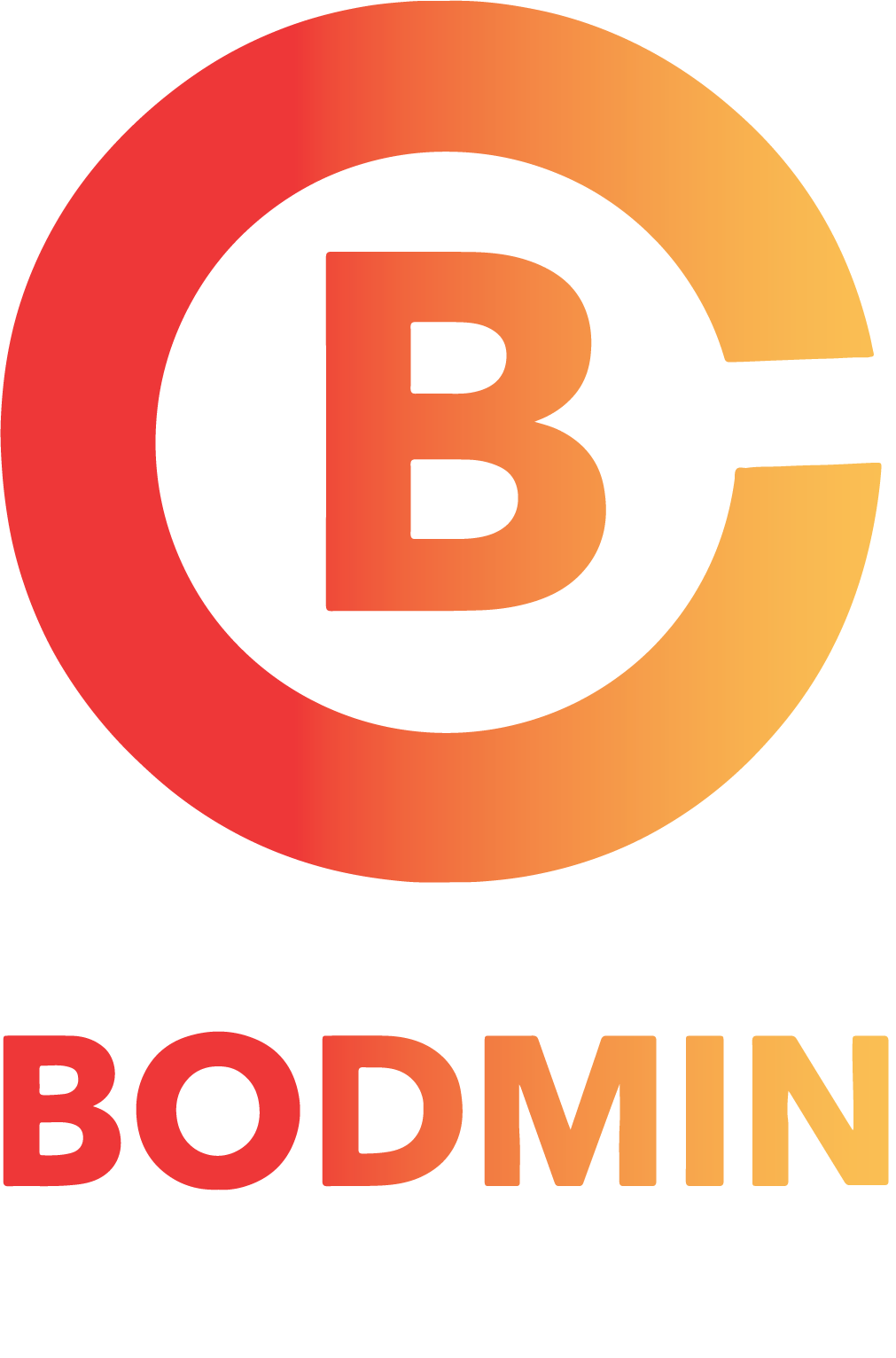Literacy & Reading
At Bodmin College, we believe that core skills in reading and oracy are the foundations of learning, achievement, and personal growth. Our whole-school approach to literacy is designed not only to raise attainment but also to inspire a lifelong love of reading and discussion.
A Whole-School Reading Programme
Every student in Years 7–10 takes part in our Tutor Reading Programme. Together, tutor groups read from our carefully chosen Reading Canon - a collection of texts designed to expose students to a rich variety of literature, ideas, cultures, and representations. This shared experience sparks discussion, develops empathy, and broadens horizons, while also nurturing habits of regular, meaningful reading.
A central feature of the programme is the explicit focus on vocabulary development, as tutors guide students through carefully selected vocabulary, providing definitions to help unlock meaning and deepen understanding. This not only strengthens comprehension of the texts but also equips students with the language needed to articulate their ideas confidently in both spoken and written work.
This year, Year 7 will be reading:
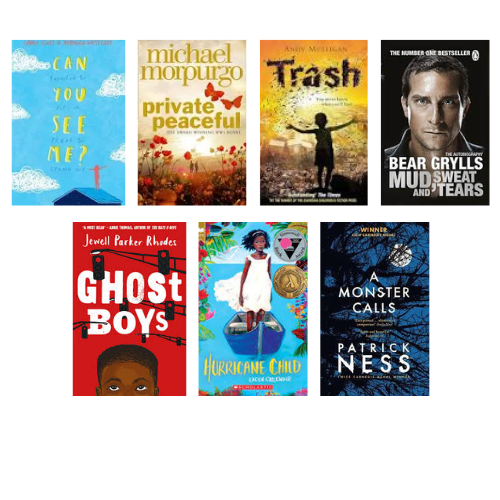
This year, Year 8 will be reading:
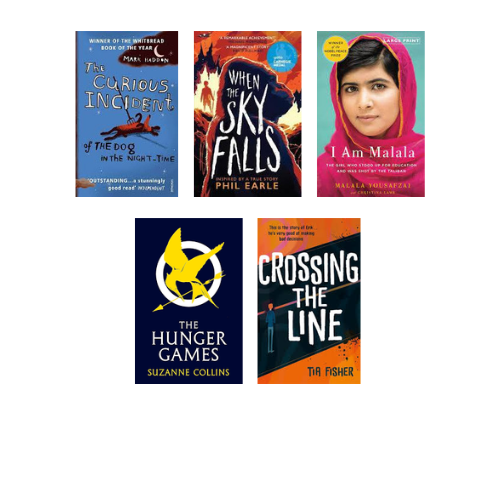
This year, Year 9 will be reading:
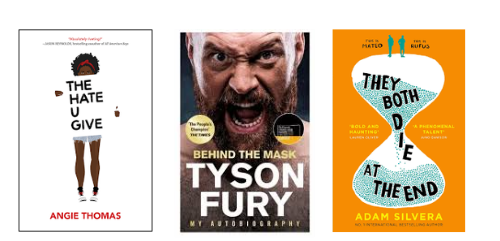
This year, Year 10 will be reading:
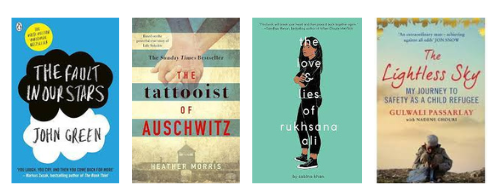
'The Great Debate’: Oracy and Critical Thinking
In Years 7–10, students participate in our weekly Great Debate sessions. These tutor-led discussions focus on building oracy skills by exploring a range of ‘big questions’ that encourage curiosity, empathy, and critical thinking. Debates are rooted in the issues that matter both within school, in the local community and in the wider world. Tutors act as facilitators, guiding pupils to express themselves with confidence, listen respectfully to others, and engage in constructive dialogue.
Reading Assessment
Students in Years 7-9 complete the New Group Reading Test (NGRT) once a year. This computer-based assessment adapts to each student’s answers to give a precise measure of their reading comprehension and vocabulary skills. The test provides an accurate reading age in years and months allowing us to compare a student’s reading ability to the expected level for their age.
These results are shared with teaching staff and used to:
- Identify students who may need extra literacy support or challenge.
- Inform lesson planning across subjects to strengthen reading in context.
- Track and monitor progress over time to evaluate the effectiveness of interventions.
Reading Interventions
When NGRT results or classroom assessments show that a student needs extra help, we provide targeted reading interventions. These are carefully matched to each learner’s needs and reviewed regularly to ensure progress. Reading interventions may include:
Fresh Start Phonics
- A structured programme from Read Write Inc.
- Revisits key phonics sounds and spelling patterns.
- Builds decoding skills and reading fluency for older students who need to secure the foundations of reading.
IDL (Interactive Dyslexia Learning)
- An online, multi-sensory programme designed to support reading, spelling and comprehension.
- Tailors activities to each student’s level and records progress automatically.
- Particularly effective for students with dyslexia or persistent literacy difficulties.
Precision Teaching
- Short, focused daily sessions that target specific words, sounds or reading skills.
- Measures accuracy and speed so students can see their own improvement.
- Complements wider class teaching and other interventions.
Through these interventions, we aim to close reading gaps, increase confidence, and help every student develop the literacy skills needed for success across the curriculum.
